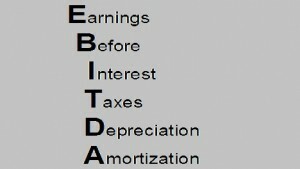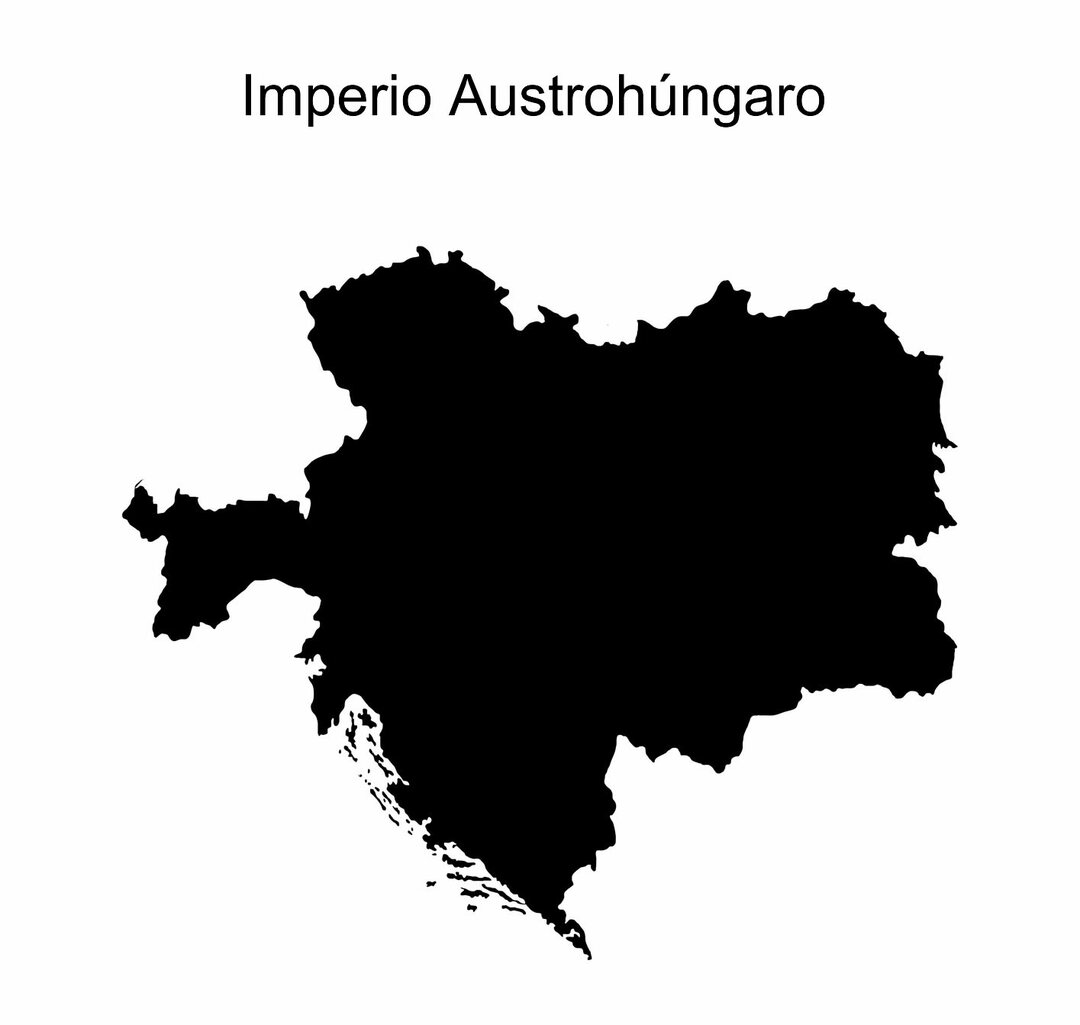20 Examples of Literary Criticism
Miscellanea / / December 31, 2021
The Literary criticism It is a humanistic discipline that deals with analyzing one or more literary works. For example: «One hundred years of solitude. An interpretation »by Josefina Ludmer is a book in which the author analyzes the novel by Gabriel García Márquez.
The people who make literary criticisms are literary critics and are specialists in the themes, works, authors and periods that they analyze or investigate.
When this type of analysis is carried out, the following issues can be taken into account:
Literary criticism can be carried out at the academic level or at the informative level. Academic literary criticisms are more scientific and, in general, they usually make new readings on a literary text.
To achieve this, literary critics investigate all the information there is about a work and propose new ones. hypothesis of reading, which in some cases are related to other sciences, such as psychoanalysis and sociology. The results of these investigations are reflected in theses, monographs, seminars and symposia.
Within academic literary criticism there are different schools. The most important of the 20th century are the formalism, structuralism, the Frankfurt school, the French school, the new criticism, stylistics, narratology, literary pragmatics and comparative literature.
On the other hand, popular literary criticism is usually more subjective because value judgments are usually included. Not only is it analyzed what a work is like, but its quality is judged.
The objective of this type of criticism is to guide readers in their reading and make recommendations. The texts of this review are usually reviews, which appear in various media, such as newspapers, magazines, and websites.
Examples of literary criticism
- "How Gogol's cape is made", by Boris Eijembaum. In this essay the structure of Gogol's story is analyzed.
- The western canon, by Harold Bloom. In this book the author establishes which works belong to the canon and, to justify it, makes an analysis of the most important works of each author that he mentions.
- Kafka, for a minor literature, by Gilles Deleuze and Félix Guattari. In this book, Kafka's work is analyzed and compared with that of other authors, with a focus on the author's choice of language.
- Mimesis, by Erich Auerbach. In this book, different literary works are analyzed taking into account how they represent reality and context.
- The concept of art criticism in German Romanticism, by Walter Benjamin. In this text the author analyzes how literary criticism began in Romanticism.
- About Racine, by Roland Barthes. In this book the author analyzes the work and the figure of the French playwright.
- Borges, a writer on the border, by Beatriz Sarlo. In this book the author analyzes the work of the Argentine short story writer.
- Essays on Venezuelan literature by Ángel Rama. In this book the author analyzes different texts of Venezuelan literature.
- Sor Juana through the centuries. 1668-1910 by Antonio Alatorre Vergara. In this book, the author analyzes the poet's work and explains how it has been interpreted at different times.
- William Styron: or, the drama of the great American South by Rafael Humberto Moreno Durán. In this book the critic analyzes the work of the American writer.
- Reading of Martí, by Roberto Fernández Retamar. In this essay the author analyzes the poetic work of José Martí.
- Esteban Echeverría, by Noé Jitrik. In this book, the literary critic analyzes the work of the Argentine writer and the influence he had on literature.
- "Don Quixote and the charming machine", by Adolfo Castañón. In this article the author analyzes one of the most important works of Spanish literature and relates it to Mexican literature.
- Chilean poetry of the end of modernity, by Grínor Rojo de la Rosa. In this book, the author analyzes the poetic work of Omar Lara and Manuel Silva Acevedo.
- Spanish literature, by Pedro Salinas Serrano. In this book, the author analyzes the most important texts in Spanish literature.
- Poetic thought in English lyric, by Luis Cernuda Bidou. In this book the author analyzes different poems by 19th century English authors.
- Under the sign of Saturn, by Susan Sontag. In this book the writer, who also devoted herself to literary criticism, analyzes how the theme of melancholy is addressed in different works.
- Hamlet and his troubles, by T. S. Elliot. In this essay the poet, who was also a literary critic, analyzes Hamlet by William Shakespeare and argues that the play was a failure.
- Problems of Dostoevsky's Poetics, by Mikhail Mikhailovich Bakhtin. In this book, the author analyzes the work of one of the most important Russian writers.
- From Kafka to Kafka, by Maurice Blanchot. In this book of essays the literary critic analyzes the work of one of the most important authors in the history of literature.
It can serve you:



